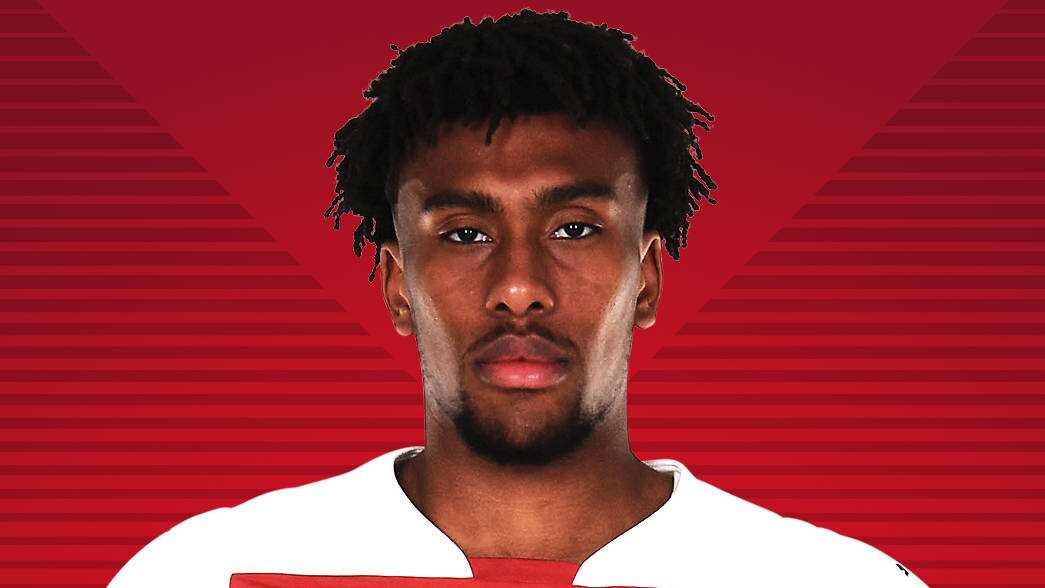The young footballer Alex Iwobi is one of the promising players who the Super Eagles and Arsenal fans are laying high hopes on. The former professional player Jay-Jay Okocha is his uncle, but Alex has already proved that he became so popular because of his talent and dedication, rather than his family’s influence. Here, you can find out about the Alex Iwobi net worth, as well as his cars!

Photo: arsenal.com
Net worth of Alex Iwobi
Born in Lagos and raised in England, the Nigerian forward has gone through the English youth teams but ultimately chose to play for his homeland Nigeria. He also made 79 appearances for Arsenal, scoring nine goals. He is known for his distinct playing style, which earned him a brand new long-term contract with Arsenal this August. This footballer is only 22 years old, but he is already very rich and successful.
You are probably wondering what is Alex Iwobi net worth since everyone knows that he has got quite a competitive salary and can already afford a lot of things that guys of his age are unable to. Well, we have prepared this information for you, and here it is!
According to the webpage playerswiki.com, Alexander Iwobi salary is 1,560,000 pounds a year. You could agree it is quite a good salary for a young player. As the same website states, Alex Iwobi net worth is $5 million as of 2018.
This young man is very inspiring for all the young Nigerian footballers who also want to be famous, rich, and play in the world-class club.
READ ALSO: Top 10 famous Nigerian footballers the country is proud of
Alex Iwobi cars
Now, we will talk about the cars of Alex Iwobi. Like many other football players, he is a huge car enthusiast and has got an impressive garage. Alex Iwobi is one of those footballers who does not like showing off his riches, but the Lifestyle website is reporting that he has a property in Lagos and some luxurious cars.
Many sources report that he has a gorgeous Mercedes-Benz. There was a photo on the Internet, where he was seen driving in his Mercedes-Benz Convertible and having a good time.
Aside the Mercedes, Alex Iwobi apparently has a BMW. He often drives to the training in this car, even though with his salary he can probably afford himself driving in a different vehicle every day, and upgrade his garage regularly.

Photo: autojosh.com
Alex Iwobi also had matching cars together with his former girlfriend Clarisse Juliette. The photos have ever since been deleted from Instagram because the couple broke up. The caption said “his and hers” with the ring emoji. The fans assumed that the player bought two cars both for himself and his beloved girlfriend, so they could travel in similar cars and always remember each other. Even if things between them did not work out in the end, this was a very romantic gesture from Alex.

Photo: klix.ba
There isn't much information about Alex Iwobi’s other cars. On his Instagram page, he very rarely posts photos of his possessions. Mostly, this determined young man posts pictures from training sessions, and things connected with football.
READ ALSO: Alex Iwobi’s parents: what do we know?
Source: Legit.ng
from Nigeria News today & Breaking Naija news ▷ Read on LEGIT.NG 24/7 http://bit.ly/2Cy6CjM
via EDUPEDIA24/7
Comments
Post a Comment